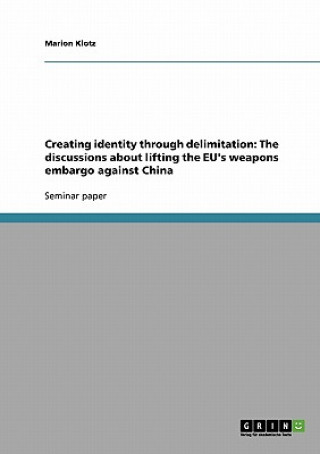
Kód: 05276784
Creating identity through delimitation
Autor Marion Klotz
Seminar paper from the year 2006 in the subject Politics - International Politics - Topic: European Union, grade: 1,0, Johannes Gutenberg University Mainz (Institut für Politikwissenschaft), course: Hauptseminar "China in World Po ... celý popis
- Jazyk:
 Angličtina
Angličtina - Vazba: Brožovaná
- Počet stran: 56
Nakladatelství: Grin Publishing, 2007
- Více informací o knize

Mohlo by se vám také líbit
-

Reading Newspapers
3333 Kč -

Renal Circulation
3765 Kč -

Universal Grammar and Narrative Form
2726 Kč -

Cut to the Chase
1213 Kč -

Ogbako Umuaka
448 Kč -

Beethovens Klaviersonaten
225 Kč
Dárkový poukaz: Radost zaručena
- Darujte poukaz v libovolné hodnotě a my se postaráme o zbytek.
- Poukaz se vztahuje na celou naši nabídku.
- Elektronický poukaz vytisknete z e-mailu a můžete ihned darovat.
- Platnost poukazu je 12 měsíců od data vystavení.
Více informací o knize Creating identity through delimitation
Nákupem získáte 104 bodů
 Anotace knihy
Anotace knihy
Seminar paper from the year 2006 in the subject Politics - International Politics - Topic: European Union, grade: 1,0, Johannes Gutenberg University Mainz (Institut für Politikwissenschaft), course: Hauptseminar "China in World Politics", 40 entries in the bibliography, language: English, comment: In this paper, I will analyze the reasons for the EU's intention of lifting its weapons embargo on China from a constructivist angle: How does the discussion about the lifting affect the European process of identity shaping? What does this say about the relations between the US and the EU? And finally: Why does neither side want to give in? A highly interesting topic that sheds a new light on the transatlantic relations. Have fun reading! , abstract: The EU s weapons embargo on China has been in place since the Tiananmen Square Massacre in 1989. After some aspects of the embargo had been lifted in the autumn of 1990, there was no real discussion about the relevance and the necessity of it for years. In 2003, however, some European states, notably France and Germany, suggested that the embargo should be lifted in order to normalize the relationship between the EU and China and to pave the way for further economic and political ties between the two powers. Predictably, the United States has since been lobbying vehemently against lifting the embargo. In early 2005, the decision was postponed after massive US pressure as well as the ratification of the Chinese Anti- Secession Law in which the PRC threatened to use military force against Taiwan. Furthermore, inner- European problems with the ratification of the new constitution lead to stalling of other projects, including the Code of Conduct and the Toolbox without which the embargo cannot be lifted. The question itself has not been forgotten, however, and most analysts expect the embargo to be lifted sooner rather than later. A rift in the transatlantic relationship between the EU and the US thus seems unavoidable.§The European Union as well as the PRC emphasize that lifting the embargo would be a symbolic move rather than the prelude to increased weapon transfers from Europe to China. The question remains, however, why the EU would "see benefit in the symbolic change of policy . . . when it would cause such anxiety in the heart of arguably their most significant true partner in the national security arena" (David Shambaugh, see Lawrence 2004: 28). One basic assumption of this paper is that the EU is not, as some critics put it, blind towards the strategic implications of a change in Chinese military power and power projection capabilities for the region and the international community. Rather, there must be different goals and aims of the European Union that outweigh the strategic doubts, most notably the European need for a newly constructed identity.
 Parametry knihy
Parametry knihy
Zařazení knihy Knihy v angličtině Society & social sciences Politics & government
1042 Kč
- Plný název: Creating identity through delimitation
- Podnázev: The discussions about lifting the EU's weapons embargo against China
- Autor: Marion Klotz
- Jazyk:
 Angličtina
Angličtina - Vazba: Brožovaná
- Počet stran: 56
- EAN: 9783638688192
- ISBN: 3638688194
- ID: 05276784
- Nakladatelství: Grin Publishing
- Hmotnost: 86 g
- Rozměry: 210 × 148 × 3 mm
- Datum vydání: 09. August 2007
Oblíbené z jiného soudku
-

Yoga of Eating
288 Kč -

Reflections of a Nonpolitical Man
484 Kč -

Flash Boys - A Wall Street Revolt
258 Kč -

State and Revolution
116 Kč -
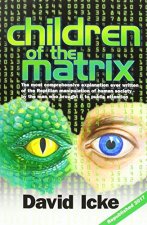
Children of the Matrix
454 Kč -

Wretched of the Earth
286 Kč -

The Trigger
587 Kč -

My Autobiography
306 Kč -

The Lords of Poverty: The Power, Prestige, and Corruption of the International Aid Business
325 Kč -

GREEN BOOK
195 Kč -

Politics
1301 Kč -

Cold and the Dark
482 Kč -
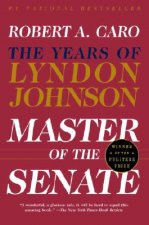
Master of the Senate
589 Kč -

Powershift
232 Kč -
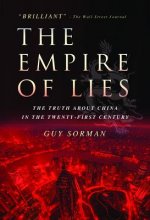
Empire of Lies
402 Kč -
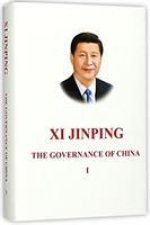
Xi Jinping: The Governance of China
791 Kč -
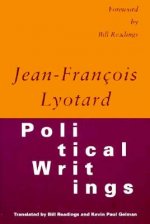
Political Writings
734 Kč -

RFK
407 Kč -
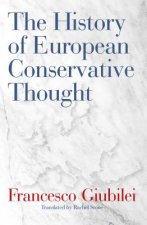
History of European Conservative Thought
668 Kč -
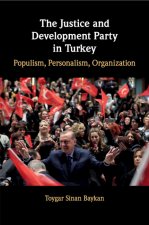
Justice and Development Party in Turkey
1257 Kč -
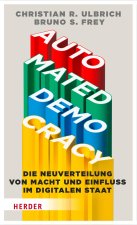
Automated Democracy
601 Kč -

Case Against the Sexual Revolution
392 Kč -

Accidental Superpower
455 Kč -
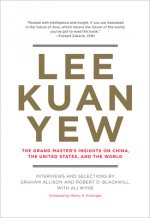
Lee Kuan Yew
495 Kč -

Giants
494 Kč -

Abaddon Ascending: The Ancient Conspiracy at the Center of CERN's Most Secretive Mission
711 Kč -

Fight Like A Girl
276 Kč -
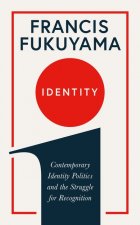
Identity
316 Kč -
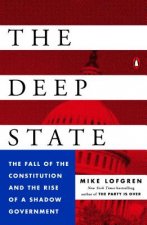
Deep State
386 Kč -
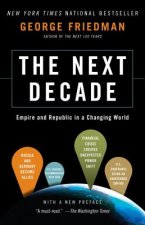
Next Decade
397 Kč -

Age of Ambition
303 Kč -
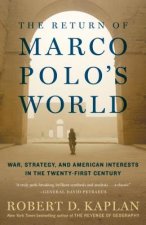
Return of Marco Polo's World
399 Kč -
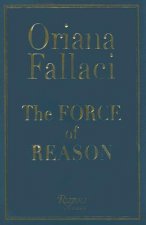
Force of Reason
493 Kč -
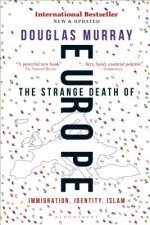
STRANGE DEATH OF EUROPE
473 Kč -

Against Civilization
389 Kč -
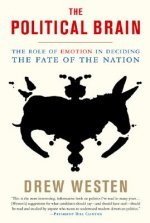
Political Brain
357 Kč -
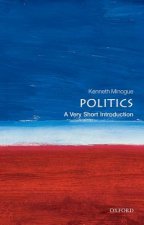
Politics: A Very Short Introduction
271 Kč -

Out of the Wreckage
482 Kč -

Urban Warfare in the Twenty-First Century
673 Kč -

Nuclear Weapons and Foreign Policy
576 Kč -

Trade Marketing, Category Management, and Shopper Marketing
2257 Kč -

Spirit of the Laws
598 Kč -
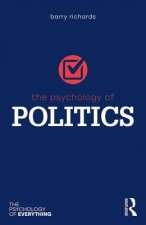
Psychology of Politics
557 Kč -

Reveille for Radicals
345 Kč -
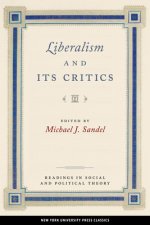
Liberalism and Its Critics
854 Kč -

Voices from the Contemporary Japanese Feminist Movement
1343 Kč -
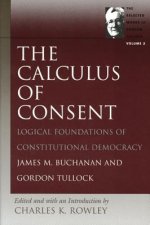
Calculus of Consent
405 Kč -
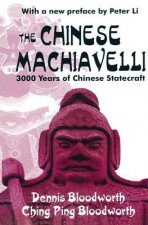
Chinese Machiavelli
1914 Kč -

Joint Terminal Attack Controller (JTAC) Training Program
532 Kč
Osobní odběr Praha, Brno a 12903 dalších
Copyright ©2008-24 nejlevnejsi-knihy.cz Všechna práva vyhrazenaSoukromíCookies



 Vrácení do měsíce
Vrácení do měsíce 571 999 099 (8-15.30h)
571 999 099 (8-15.30h)